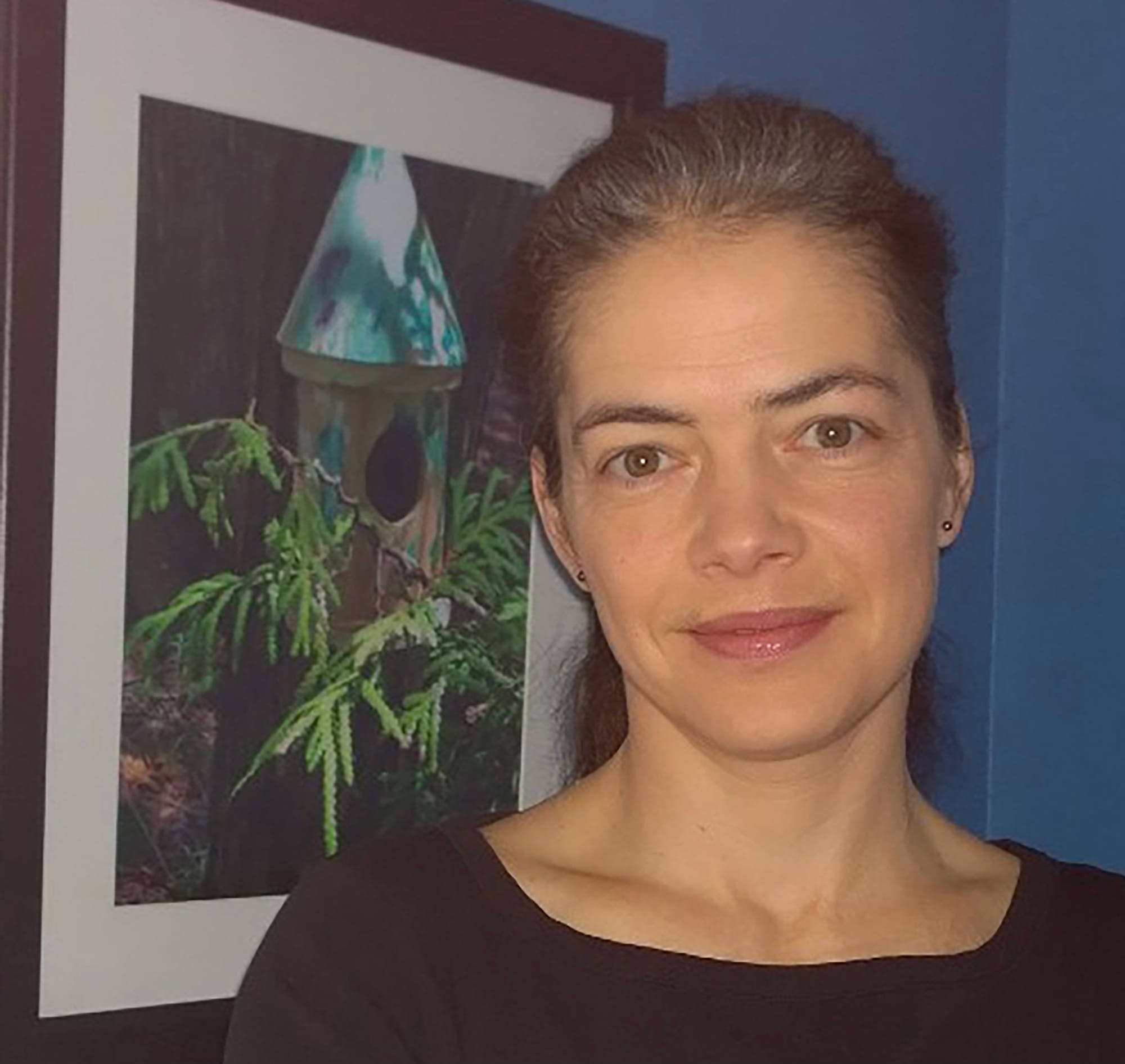The nature of work

If it seems like not a week goes by without some Deep Reflection (and new names!) on the nature of work, that’s because it’s true. These days we’re mildly obsessing over the Great Exhaustion and Quiet Vacationing, and both are related.
Great Exhaustion refers to the dual impact of work-related stress and wider issues like eco-anxiety or the affordability crisis that make people feel exhausted all the time.
“The Great Exhaustion is a reflection of this collective experience of being burned out, tired, emotionally fatigued, by work and all things in our world, as well, that go beyond work,” said Jennifer Dimoff, an organizational psychologist who teaches at the Telfer School of Management at the University of Ottawa.
Quiet Vacationing concerns people (especially Gen Zs) who don’t take their paid time off but instead choose to slack off in creative ways without necessarily telling their boss.
And right away I have a big problem because taking time to let your mind breathe isn’t necessarily slacking off. I also have trouble with people feeling like they can’t really take time off even though they should. And I speak as an unrepentant type-A workaholic who never misses a deadline. Just one who’s learned to allow white spaces in, every now and then.
Younger professionals say they don’t ask for time off because they feel pressure to meet deadlines and be productive, and they get nervous requesting PTO because they don’t want to look like a slacker, says Libby Rodney, chief strategy officer at The Harris Poll.
What jumps at me from these various reports is the crisis in trust within workplaces. It’s not good at all, for anyone – least of all for the quality of the work that’s the reason for the whole thing.
I have very strong views on this topic because I’ve spent the overwhelming majority of my work life as a self-employed contractor/freelancer. What keeps me gainfully employed is precisely the quality of my work, and the aforementioned fact that I never miss deadlines. (It also helps if you’re not a complete jackass.) Nobody among my clients cares how I do my work, at what time or whether I’m dressed. They care about the work. It’s not always something you find in people who’ve spent their entire careers in an office where they weren’t feeling especially valued.
I started working in offices four months before the pandemic. I never liked it – something everyone who knows me is intimately familiar with. I don’t like breathing recycled air. It gives me headaches and headaches make me grumpy. I don’t like having to take an elevator to go outside for a walk. I’m claustrophobic and feel trapped in a tower. And the noise. Everything from the HVAC system to other people’s conversations – it gets in the way of so much concentration. There’s also no good napping facilities.
Don’t laugh. Naps are my superpower. Nothing like 10 minutes of shut-eye in a comfy recliner to reboot and get the creative juices flowing again – it’s so much more productive than dragging my tired ass through the last two hours of the on-the-clock day as I struggle to write what often turns out to be subpar writing that needs heavy editing the next day because I’m foggy with fatigue to say nothing of that headache.
You can go ahead and make fun of me for being such a sensitive little flower. I don’t care. I am very sensitive to my environment, which I argue is one of the reasons I am very good at what I do. But beyond my own personal environmental preferences, there is a big discussion we’re not having on exactly what we think we’re doing when we’re going to work — including when we work from home.
I’ve been a (very) (annoyingly) vocal advocate for redefining work since the pandemic. So-called white-collar work. Knowledge work. Creative work. I have no clue whether any of what I say applies to engineering or manufacturing or service industries in any way. It probably doesn’t. But for the average office worker bee, you bet.
The question is much larger than whether or not you have to be physically present in your office. The question is about how we define work, how we measure it, and how we remunerate people for what they do so that they keep producing their best work for the benefit of their employers (and the larger society) while avoiding, as much as possible, unnecessary frustration.
The specifics are eminently variable according to what’s needed and what skills people bring to the table. But one thing you absolutely cannot do without is trust. If you don’t trust your employees to do their best work without active supervision, they will know it and resent you for it. A person who is not trusted doesn’t feel like going the extra mile, ever. Why would they?
On the other hand, when it is clear that there is mutual trust – supervisors trust their employees to deliver their deliverables and employees trust their supervisors to treat them with respect like the professionals they are, everyone works better and the resulting deliverables reflect that.
Personally, I always end up working more than my strict hours because I have a brain that doesn’t stop and one of the things it tends to do is come up with good creative ideas while I’m doing something else on what should be my own time.
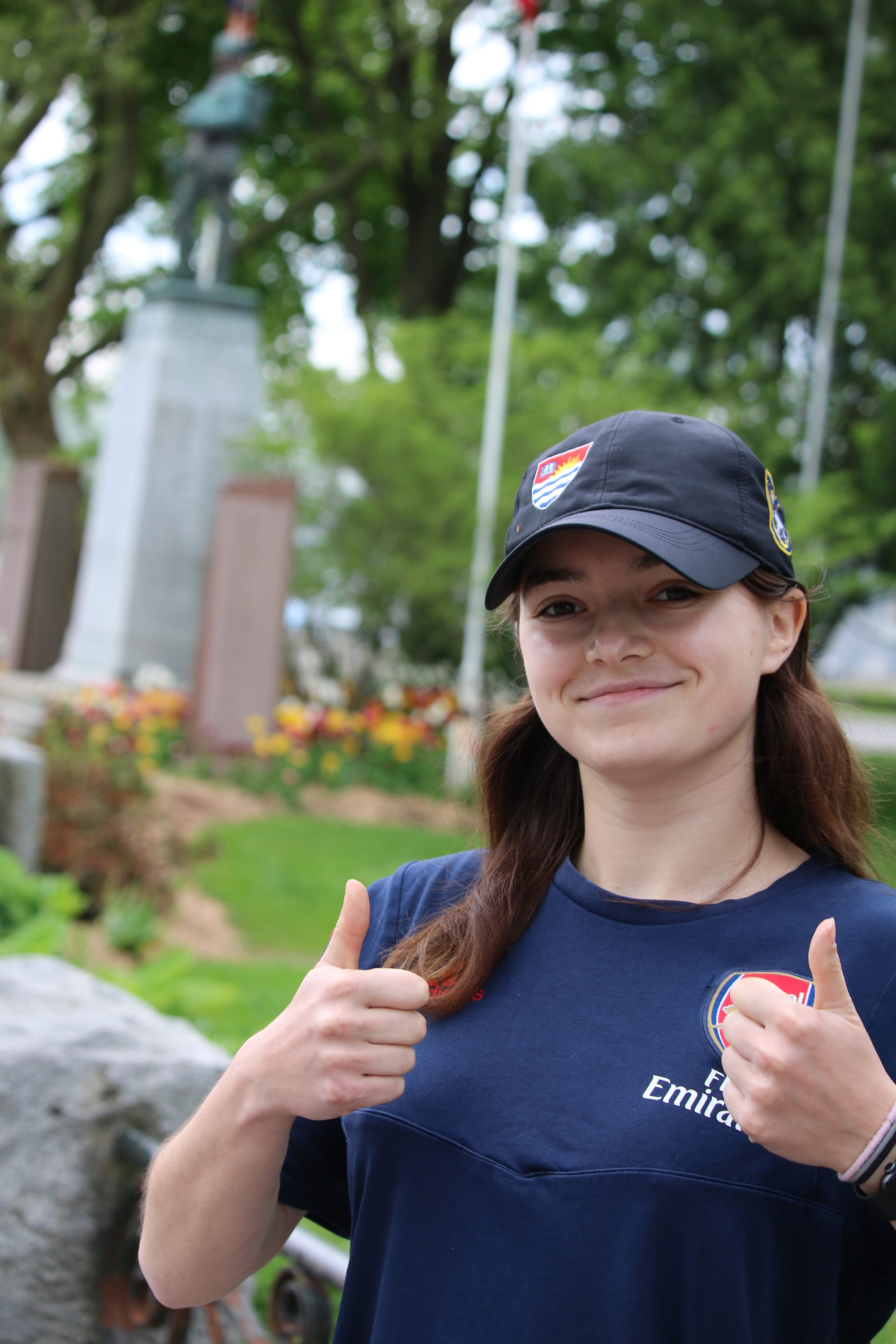
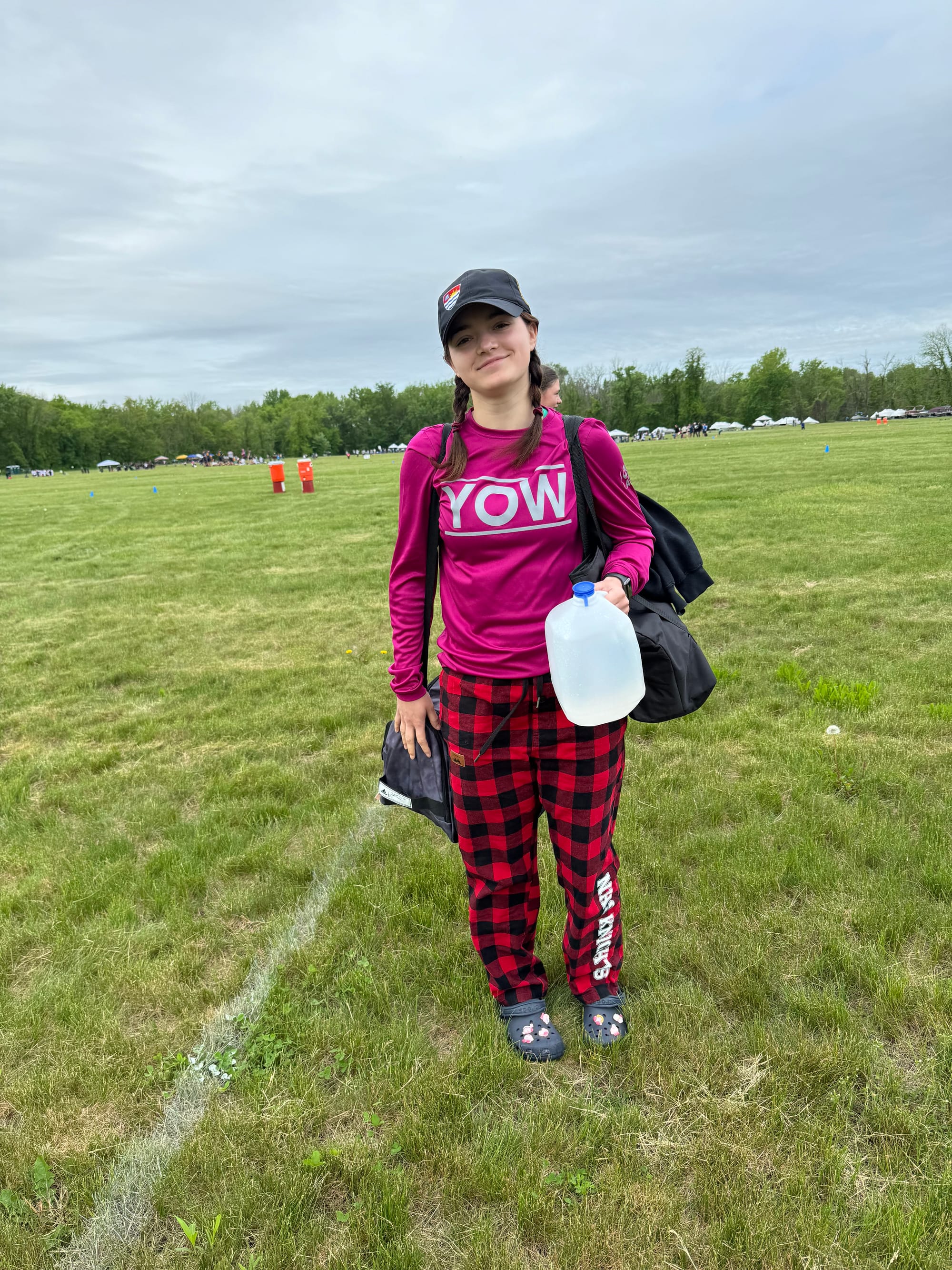
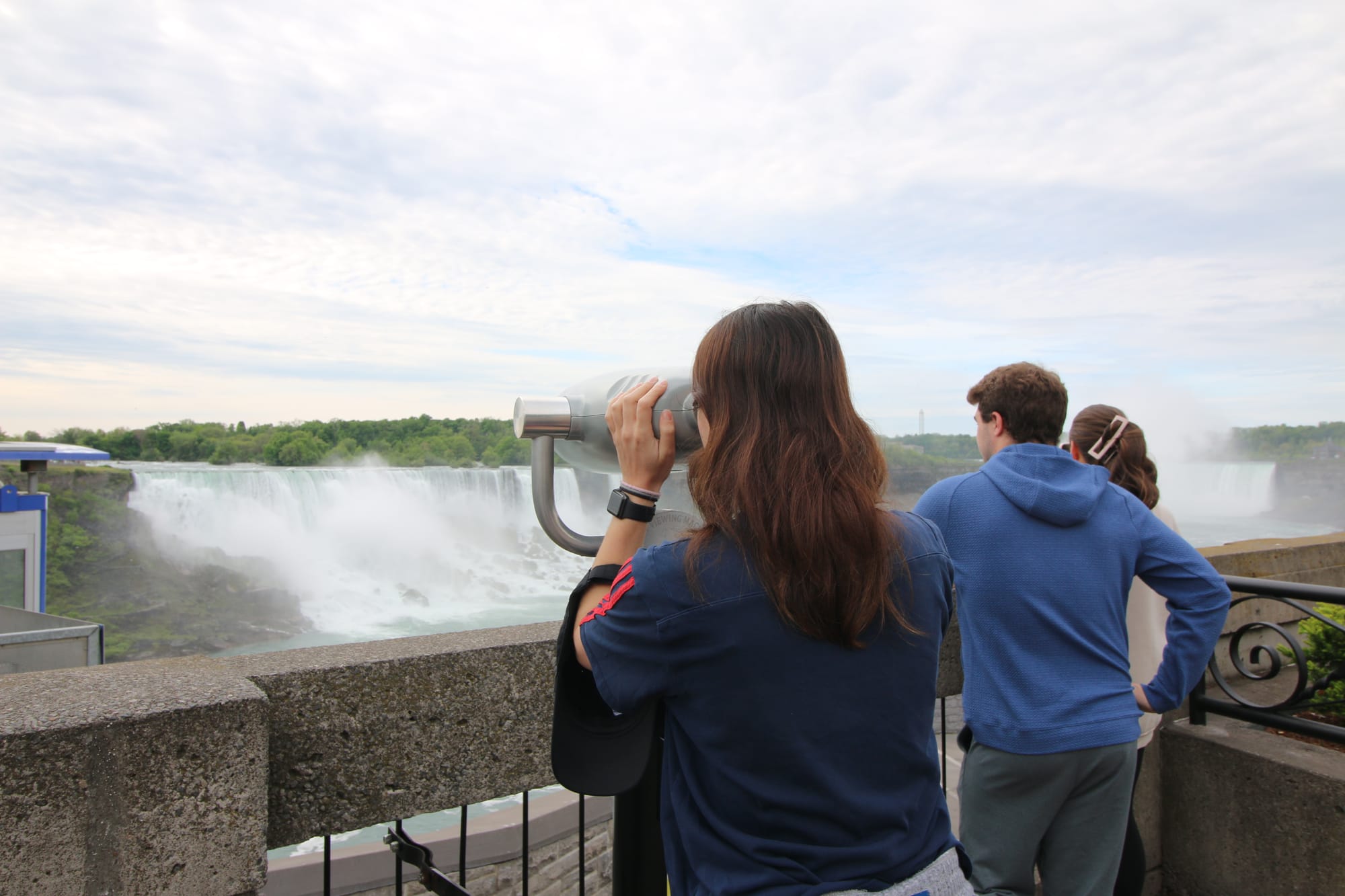
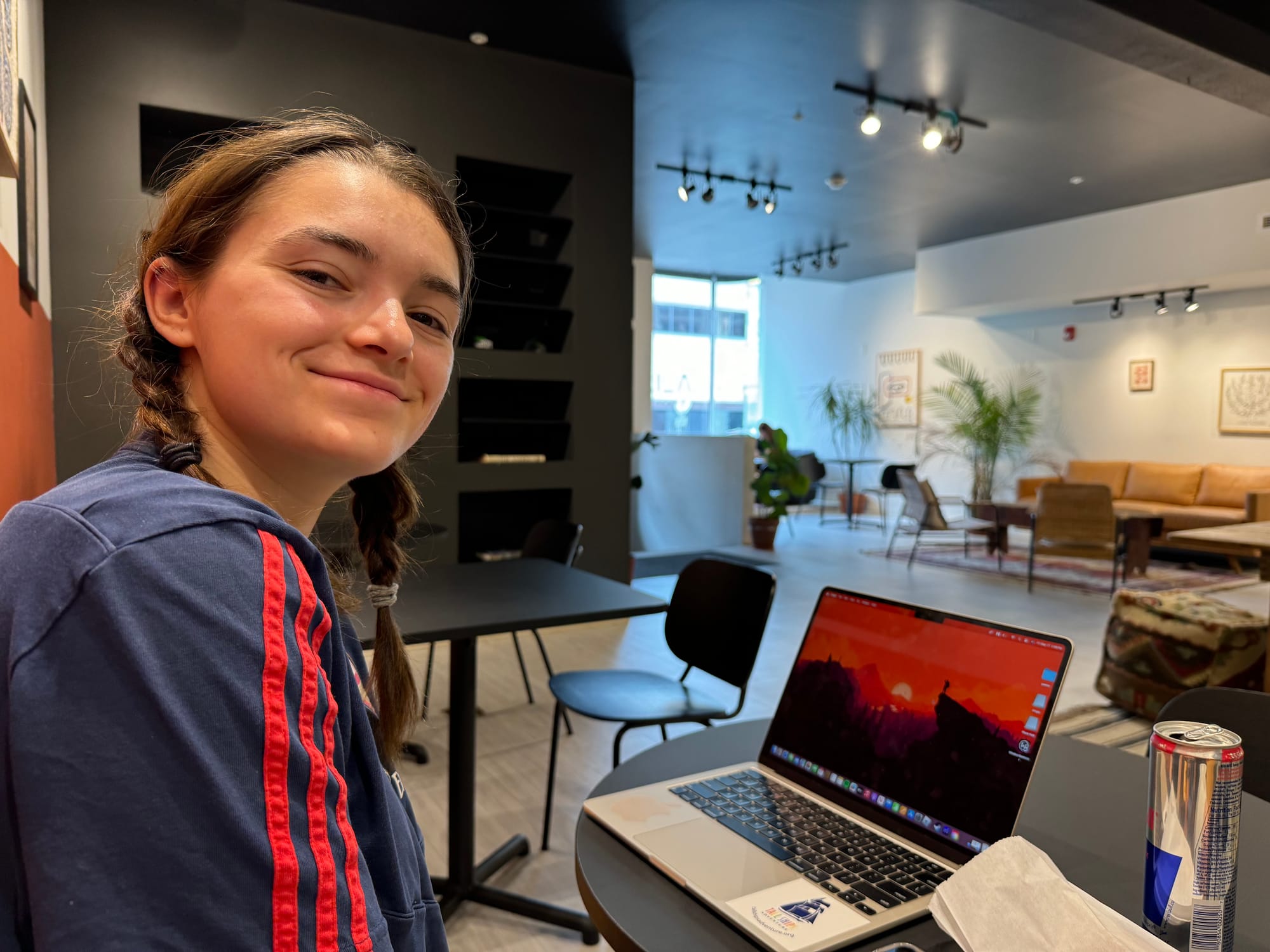
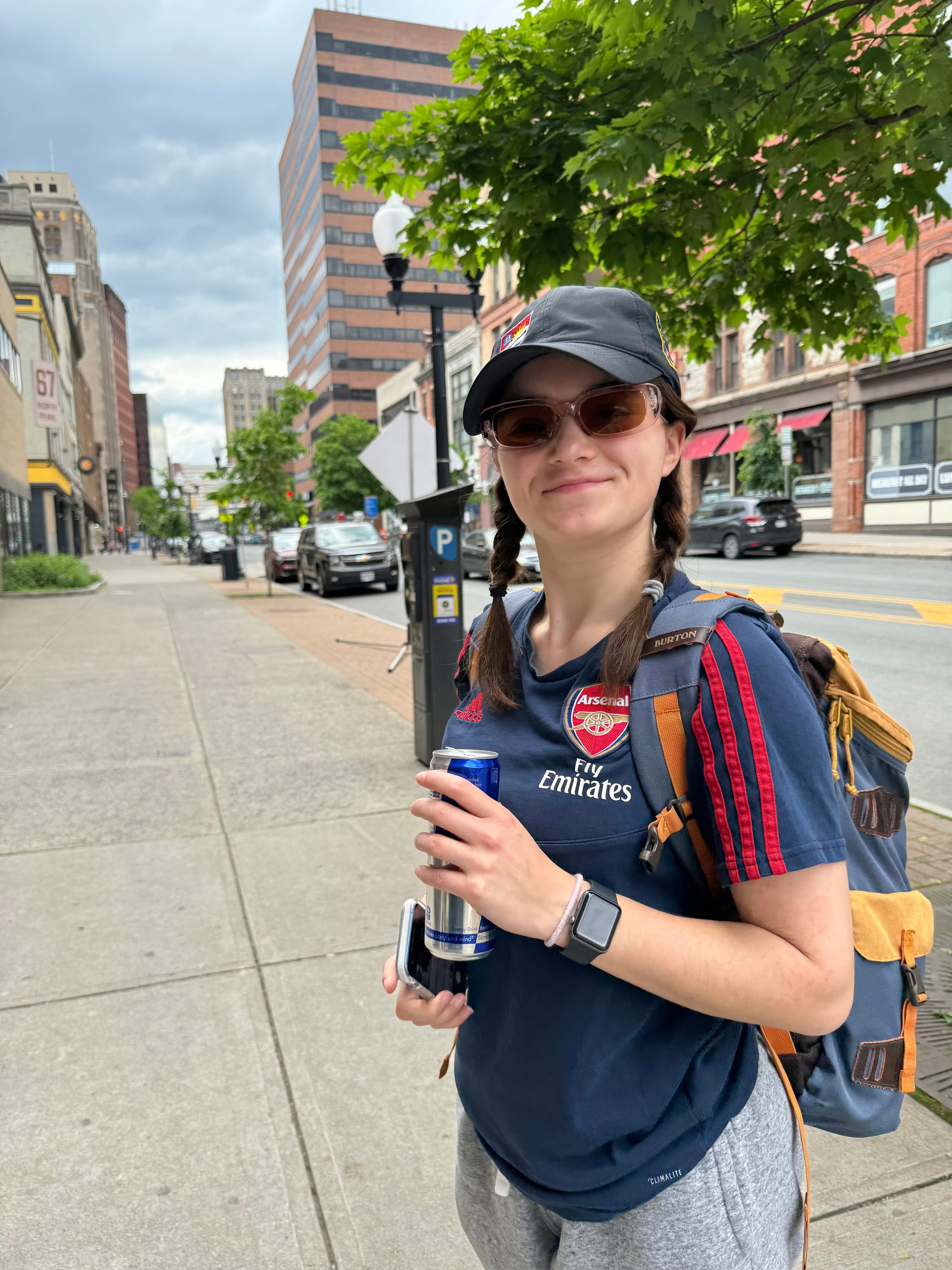
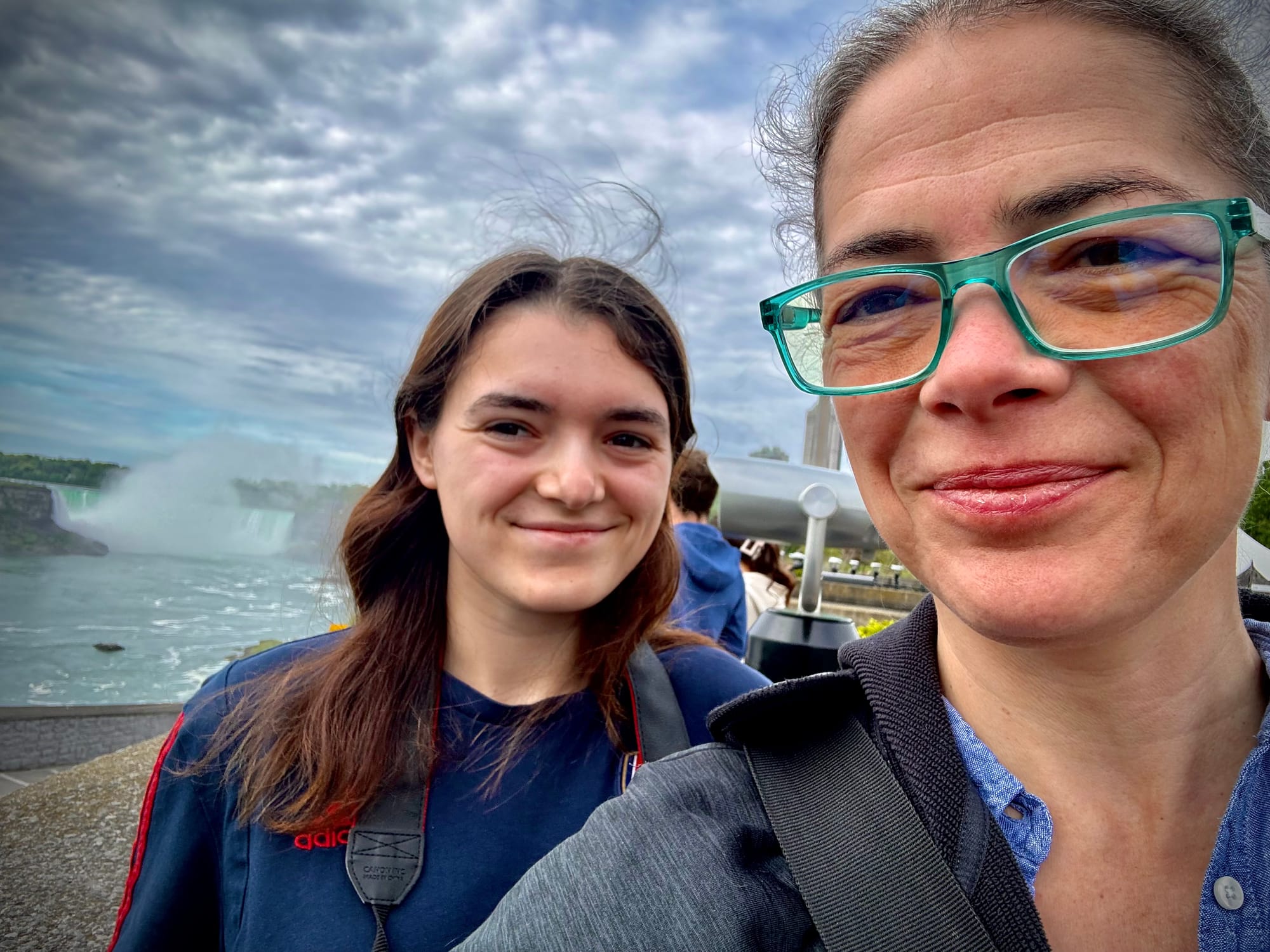
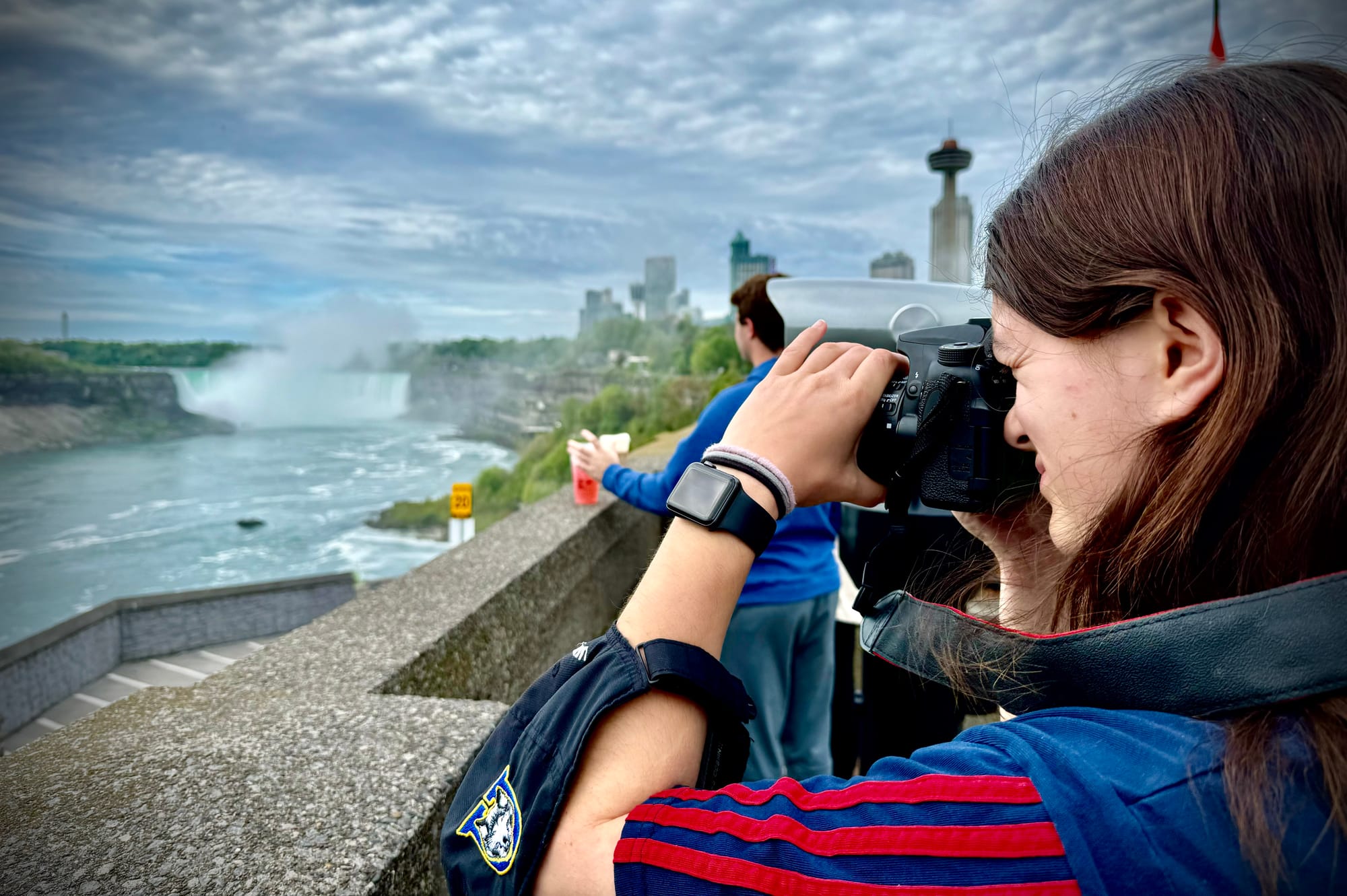

During the May long weekend, for instance, I was travelling to pick up Eldest from Toronto and drive to Connecticut for a frisbee tournament in Northampton, MA. We stopped in Niagara Falls and Albany for some oohing and coffeeing, as well as some less scenic spots to refuel and discharge, and as happens every single time I’m on the road to or from somewhere, my noodle cogitates and spits out fun ideas, turns of phrase, or sometimes solutions to knotty PR problems.
I always write those down on my phone so I don’t forget, and return to my itinerary and scheduled fun. I also find that jogging is a great way to generate wonderful ideas. I’m constantly stopping to write things down, usually around the 4km mark. I don’t get paid for jogging. But my jogging benefits my work anyway.
Trying to shut down my brain would be like trying to stop blinking. I’ve learned to live with work intruding on personal space. My life is not, never has been and likely never will be neatly compartmentalized. I find balance in the cracks between deliverables on my to-do list and keep on going.
There is no way to do great work with a brain that’s constantly exhausted. Like cheese and fine wine, brains need to breathe. There should be no need to sneak around if you’re on top of your deliverables, and your employer should not ask you to account for how you spend every minute of your work day when you’re on top of your stuff. You get to walk around the block or dance to a silly tune or go sit in the sun for 15 minutes to reboot your systems and renew that beautiful energy of yours. So that you can create the best results, not the highest number of hours clocked. This will lead to better satisfaction for everyone involved, and so much less exhaustion.
